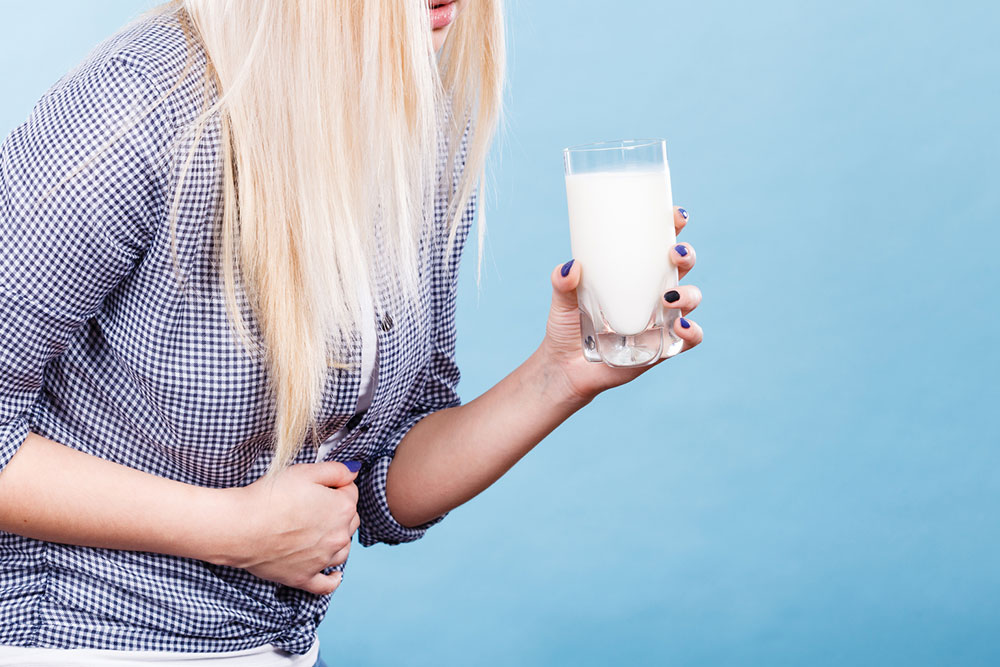Comprehensive Home Strategies to Naturally Relieve Constipation
Discover comprehensive, natural home remedies for relieving constipation effectively. From hydration and dietary fiber to physical activity and probiotics, learn practical strategies to promote healthy digestion and improve bowel movements. Essential for those seeking non-pharmaceutical solutions, this guide offers detailed tips suitable for various lifestyles and conditions to restore gut health naturally.

Effective Natural Approaches to Ease Constipation at Home
Constipation is a common digestive issue that affects millions worldwide. It can stem from various factors such as diet, medication use, lifestyle habits, and underlying health conditions. Understanding the root causes of constipation is crucial in selecting the most effective natural remedies. Before implementing any new treatment plan, consider potential side effects and consult healthcare professionals if necessary. In this article, we explore diverse home strategies and lifestyle modifications that help alleviate constipation naturally, improving gut health and overall well-being.
Defining Constipation
Typically, having fewer than three bowel movements per week signals constipation. Symptoms often include bloating, abdominal discomfort, straining during bowel movements, and hard or painful stools. Chronic constipation can adversely affect mental health, reduce daily productivity, and diminish quality of life. Fortunately, a range of home remedies and changes in daily habits can significantly ease symptoms and restore regular bowel function.
Hydration: The Foundation of Digestive Health
One of the simplest yet most effective natural remedies for constipation is maintaining proper hydration. Water acts as a lubricant within the gastrointestinal tract, softening stool and facilitating smooth bowel movements. Dehydration often exacerbates constipation, so drinking adequate amounts of water daily is vital. For individuals with irritable bowel syndrome or sensitive stomachs, carbonated water can sometimes help stimulate intestinal motility. Nonetheless, sugary sodas and flavored drinks should be avoided as they can worsen symptoms or contribute to other health issues. Aim for at least eight glasses of water daily, adjusting based on activity level, climate, and individual needs.
Increasing Dietary Fiber Intake
Adding fiber-rich foods to your diet can drastically improve bowel regularity. Fiber adds bulk to stool, making it easier to pass through the intestines. There are two primary types of dietary fiber: soluble and insoluble. Insoluble fiber, found in whole grains, nuts, seeds, and vegetables, increases stool bulk and accelerates transit time. Soluble fiber, present in oats, legumes, and fruits like apples and berries, forms a gel-like substance that softens stool. A balanced intake of both types enhances digestive health and relieves constipation. Incorporating foods such as chia seeds, flaxseeds, and psyllium husk can further boost fiber intake, making stools softer and easier to evacuate.
Physical Activity: Keep Moving for a Healthy Gut
Engaging in regular physical activity, particularly activities like brisk walking, jogging, or yoga, can stimulate intestinal motility. Exercise encourages better blood flow to the digestive organs and stimulates peristalsis, the wave-like contractions that move food through the gut. Even short daily walks of 20 to 30 minutes can significantly reduce constipation symptoms. Staying active not only promotes digestive health but also benefits overall physical and mental well-being. Incorporating movement into your daily routine is a natural, cost-effective way to maintain gut regularity and prevent constipation episodes.
Caffeine and Its Stimulating Properties
Moderate caffeine consumption, as found in coffee and certain teas, can act as a natural stimulant for the intestines. Caffeine triggers increased muscle contractions within the gastrointestinal tract, promoting bowel movements. Coffee, in particular, contains small amounts of soluble fiber that can support gut health. However, excessive caffeine intake might lead to dehydration and other digestive disturbances, so moderation is key. Additionally, individuals sensitive to caffeine should monitor their intake and consult healthcare providers before making significant changes.
Herbal Remedies and Natural Laxatives
Herbal laxatives such as senna and cascara can provide relief by stimulating bowel nerves, but should be used cautiously and only under medical supervision. Prolonged use or overuse can lead to dependency or impaired bowel function. Pregnant women, breastfeeding mothers, and those with inflammatory bowel disease should avoid herbal laxatives unless directed by a healthcare professional.
Probiotics and Fermented Foods
Consuming probiotic-rich foods like yogurt, kefir, kimchi, sauerkraut, and kombucha helps restore healthy gut bacteria balance. Beneficial bacteria produced during fermentation produce acids that support digestion, improve stool consistency, and promote more regular bowel movements. Adding these foods to your diet can enhance gut flora diversity and overall digestive health, offering a natural, long-term approach to managing constipation.
Medical Interventions: When Home Remedies Aren’t Enough
For severe or chronic constipation, consulting a healthcare professional is essential. Doctors may prescribe various types of laxatives based on individual needs:
Fiber-based bulking agents that absorb water, increasing stool bulk and softness.
Stool softeners containing oils that facilitate smoother evacuation.
Stimulant laxatives that activate intestinal nerves to promote bowel movements.
Osmotic laxatives that draw water into the intestines to soften stool.
These medications should only be used under medical supervision to avoid adverse effects or dependency.
Special Dietary Adjustments: Low FODMAP and Beyond
The Low FODMAP diet, initially designed for irritable bowel syndrome, can also help alleviate constipation by reducing high-FODMAP foods like certain fruits, vegetables, and grains while emphasizing proteins and low-FODMAP carbs. Adequate hydration combined with increased fiber intake enhances the diet's effectiveness. Tailoring dietary choices to individual tolerances and needs may provide long-term relief and improved gut health.
Novel Dietary Options and Supplements
Glucomannan-based shirataki noodles serve as prebiotics, encouraging beneficial bacteria growth and aiding digestion. Likewise, foods rich in prebiotics, including garlic, onions, bananas, and asparagus, support healthy gut flora essential for regular bowel movements. Magnesium citrate, used in moderation, acts as an osmotic laxative, drawing water into the intestines to facilitate stool passage. Individuals can also benefit from natural remedies like prunes, which contain fiber and sorbitol—a natural laxative. However, those with irritable bowel syndrome or sensitive stomachs should exercise caution and consult healthcare providers before consuming high-sorbitol foods.
Addressing Dairy and Food Sensitivities
If lactose intolerance is suspected, switching to dairy alternatives fortified with calcium and vitamin D is recommended. Dairy products can sometimes worsen constipation in sensitive individuals, so an awareness of personal triggers is crucial. Incorporating non-dairy sources of calcium, such as leafy greens and fortified plant-based milks, can support bone health without compromising digestive comfort.





